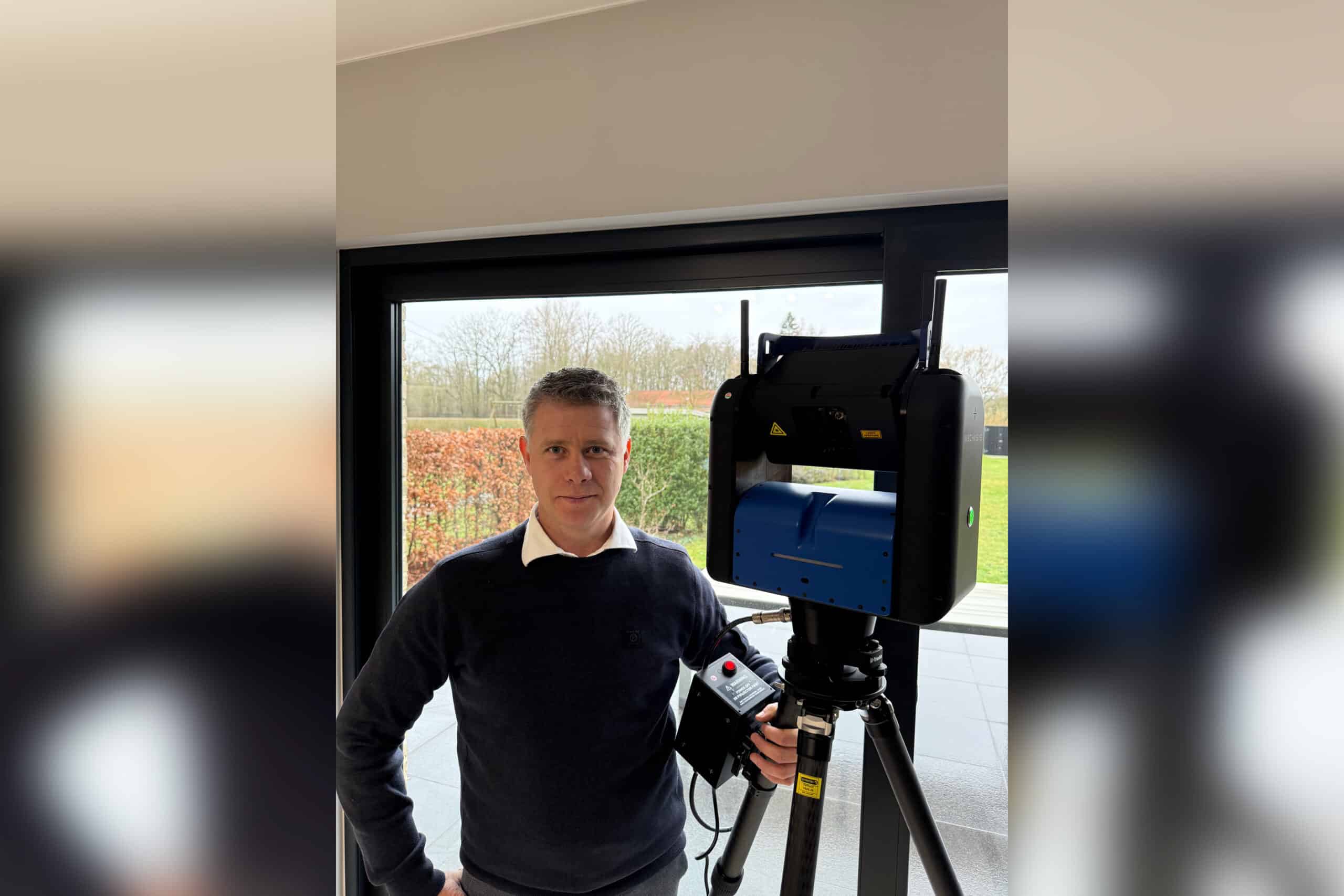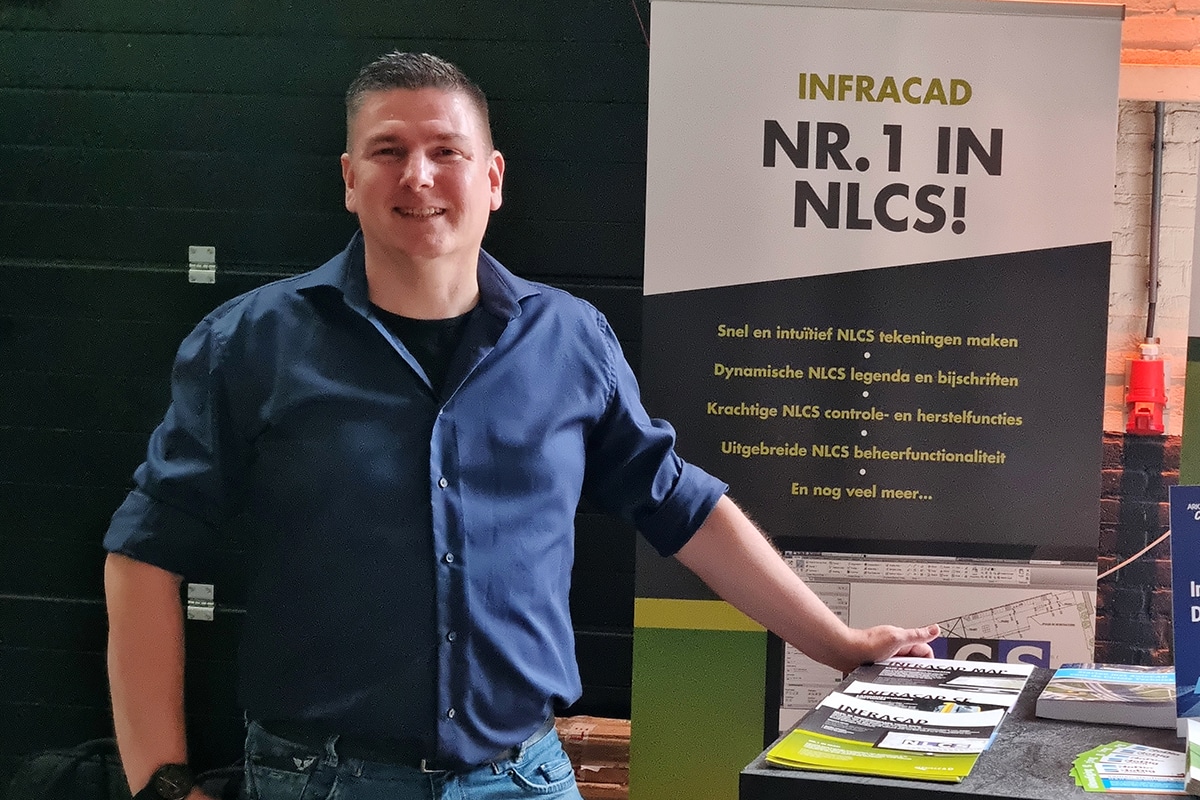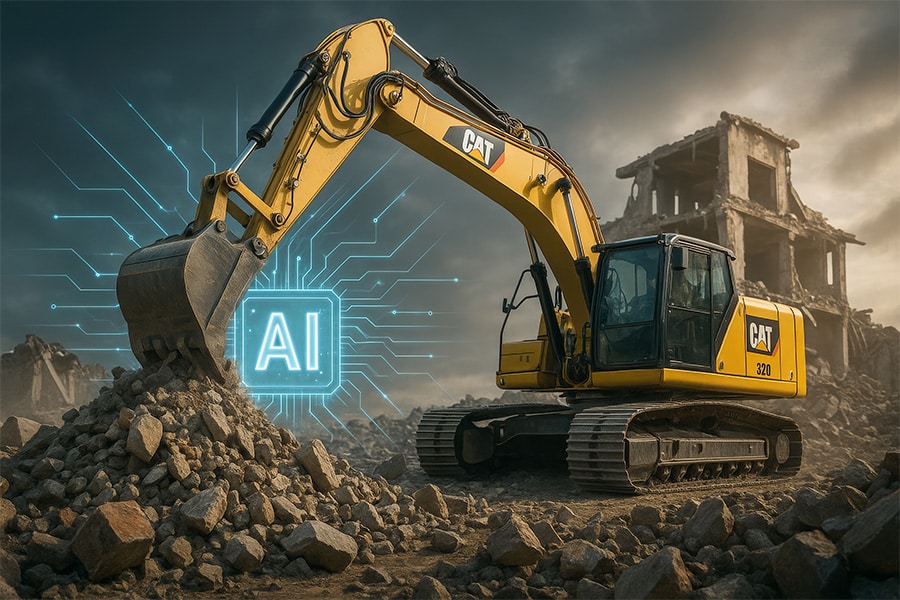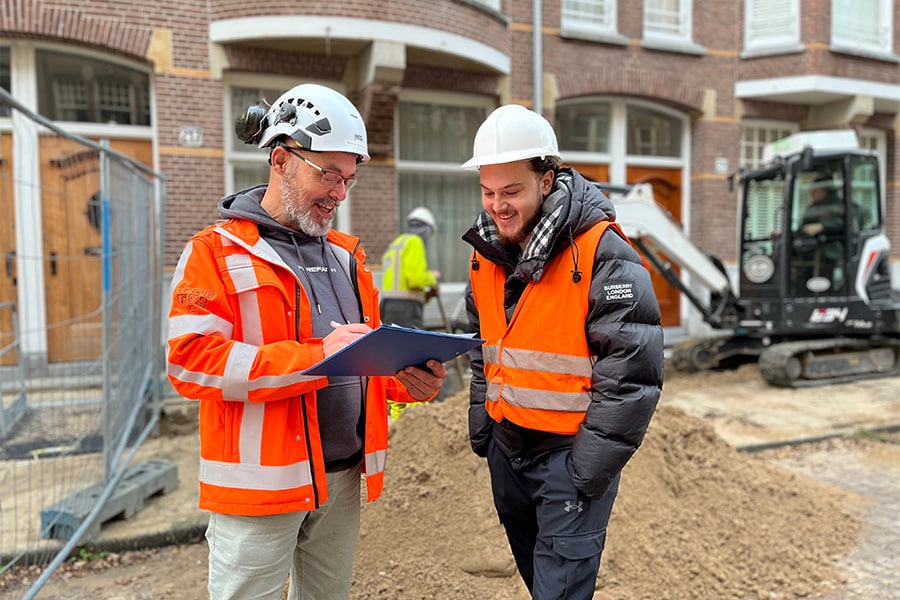
The Pen | Jan Willemsen
To govern is to foresee
The path to a sustainable world still tends to be winding and bumpy in our industry. Innovation is desperately needed, to arrive at solutions that provide answers to energy transition and environmental issues. However, space is needed to do so. Both in terms of laws and regulations, as well as financially. The requirements and wishes are sometimes diametrically opposed to the applicable regulations and available budgets. Clients like to be in line when it comes to complying with all the sustainability guidelines, but often put the brakes on when solutions deviate from the beaten track, or when a quotation is higher than they are used to. That sometimes frustrates.
The problem lies somewhat at the base, at the motivation behind an application or assignment. Were these to be provided from a moral sense that we should all "move toward better," social responsibility would prevail over all else. Practice, however, all too often shows otherwise. Clients - sometimes even the government itself - struggle with the issue of how to meet the set requirements and guidelines at the lowest price by the skin of their teeth. That kills the space we need to innovate. There will have to be a general awareness, from which to look at the long term with vision. Only when we reach consensus as cooperating parties to jointly pursue a goal with an end point on the horizon, the proverbial "dot," will investment at the beginning of the trajectory mean profit at the end. It is therefore necessary to consider projects over the 'lifecycle'.
We need the whole chain to really innovate. That can only work if we all engage in open innovation and share our knowledge. The fear that comes with this for many companies is that by doing so, you are playing into the hands of the competition. Nothing could be further from the truth, however. Open knowledge sharing means committing yourself to keep innovating. When added together, all the effort is then good for 'BV Nederland'. We have come a long way, even with the brakes on. Technically, so much is already possible; we have cooperation between different branches within the sector. Think civil, electrical engineering and automation, for example. However, willingness to invest remains an issue, and we all want to at least survive as companies. So how do you prepare a bid, when willingness to invest is low? How can you be innovative without immediately pricing yourself out of the market? Not to mention the feasibility of good innovative plans, when, for example, that plan for that energy-neutral road does not fit in at all with the -dated- requirements and frameworks that are in place.
It is not so difficult to imagine the ideal situation. Which, in my view, is structural cooperation between parties in the market and government. Sit down at the table together and use "forget what you know" as a motto. Starting anew, looking with fresh eyes at problems that exist today that need answers. Seeing innovation as a cumulative process and seeing the new way of working as an evolution. Cultivate the realization that what you invest extra today will pay for itself in a few years.
As the title says, "To govern is to foresee."
Heeft u vragen over dit artikel, project of product?
Neem dan rechtstreeks contact op met Croonwolter&dros.
 Contact opnemen
Contact opnemen




